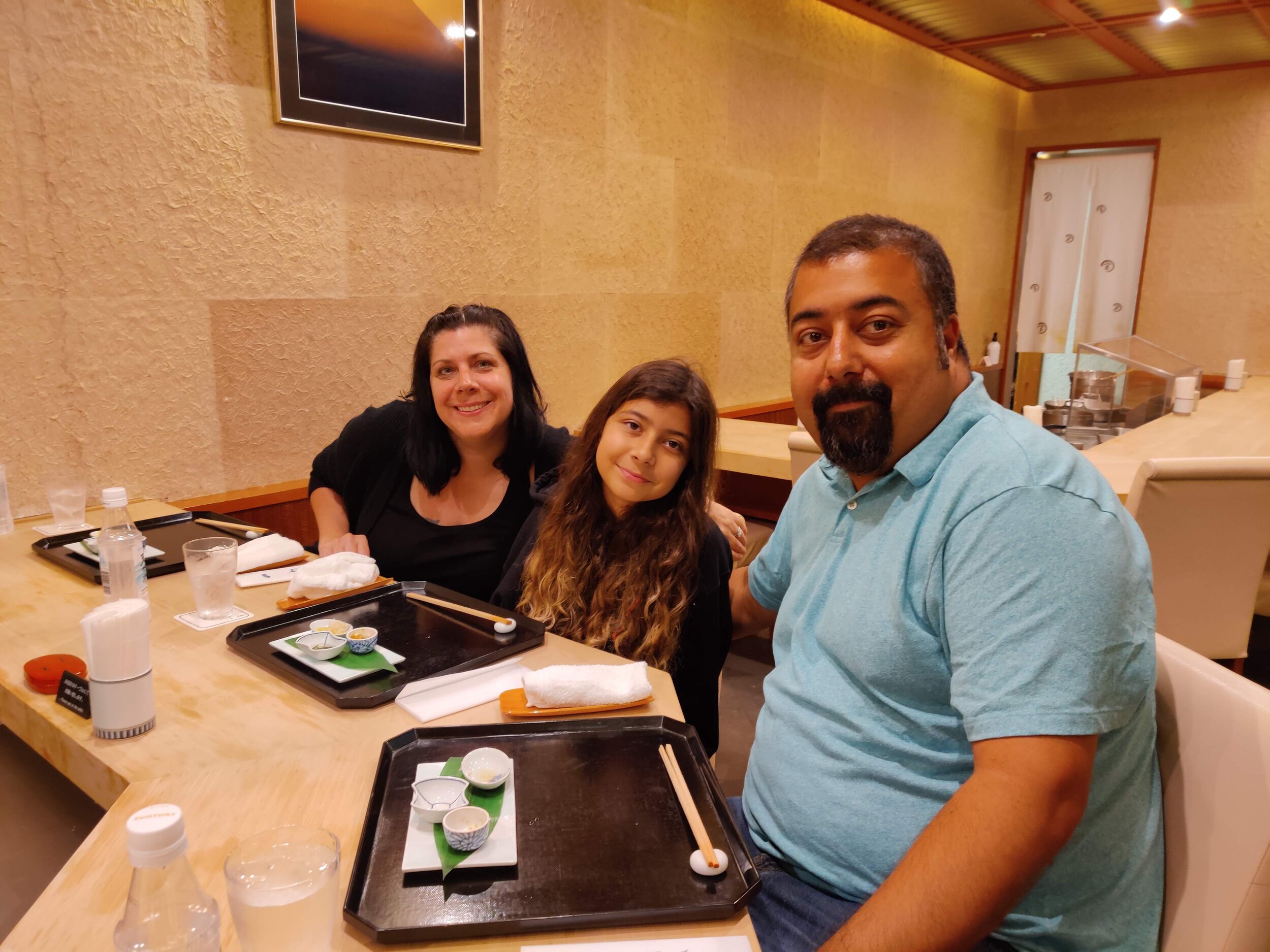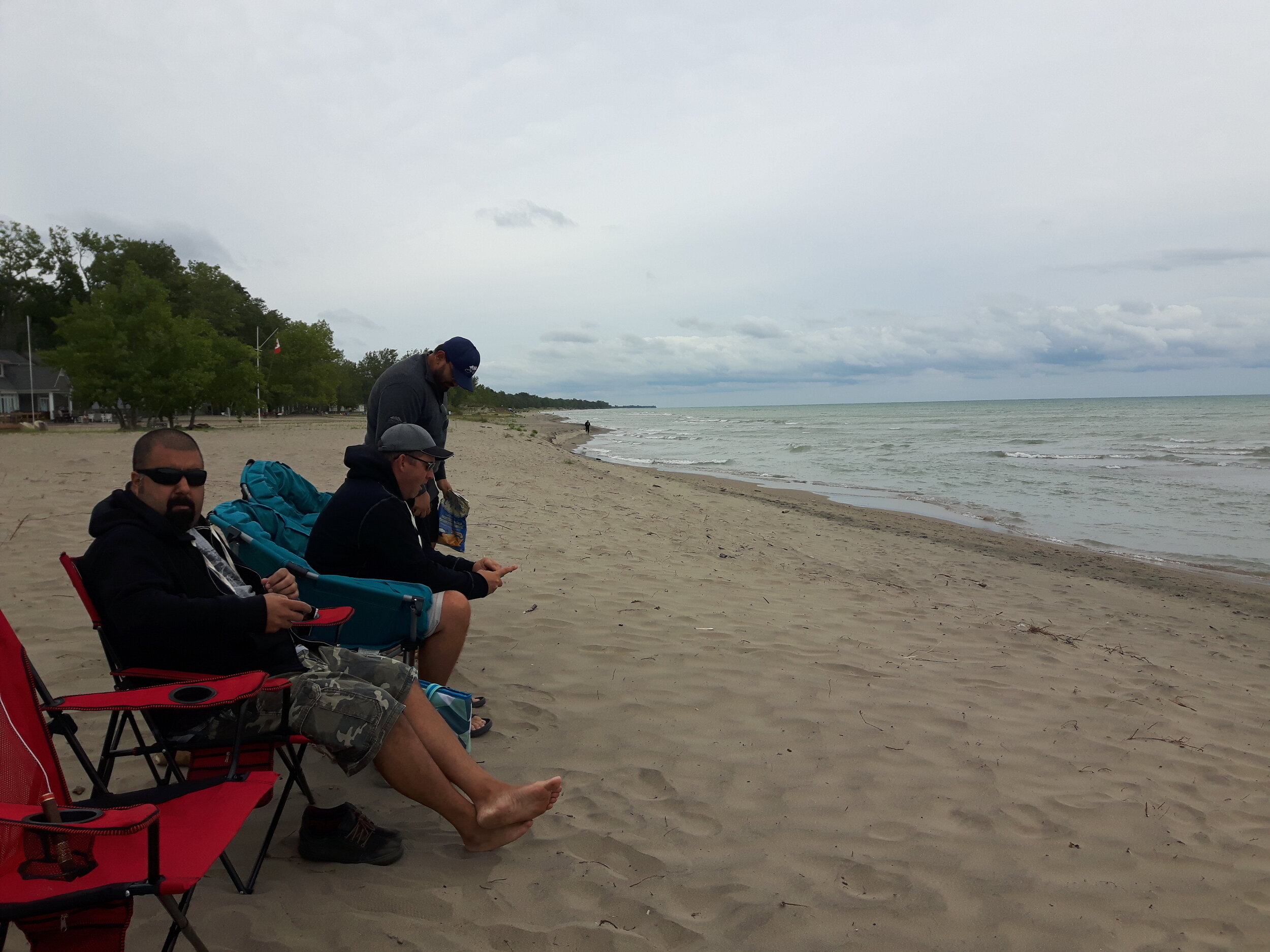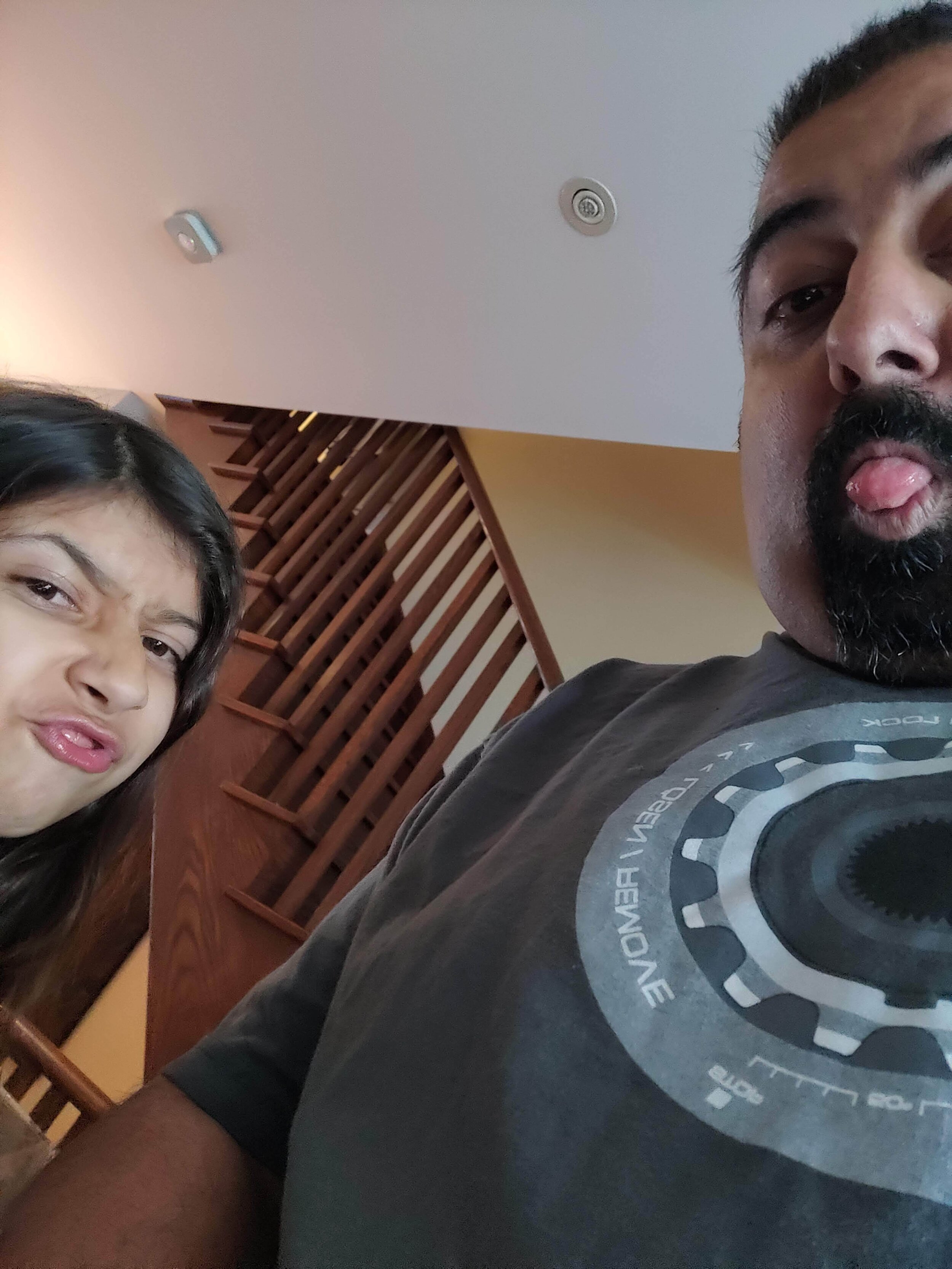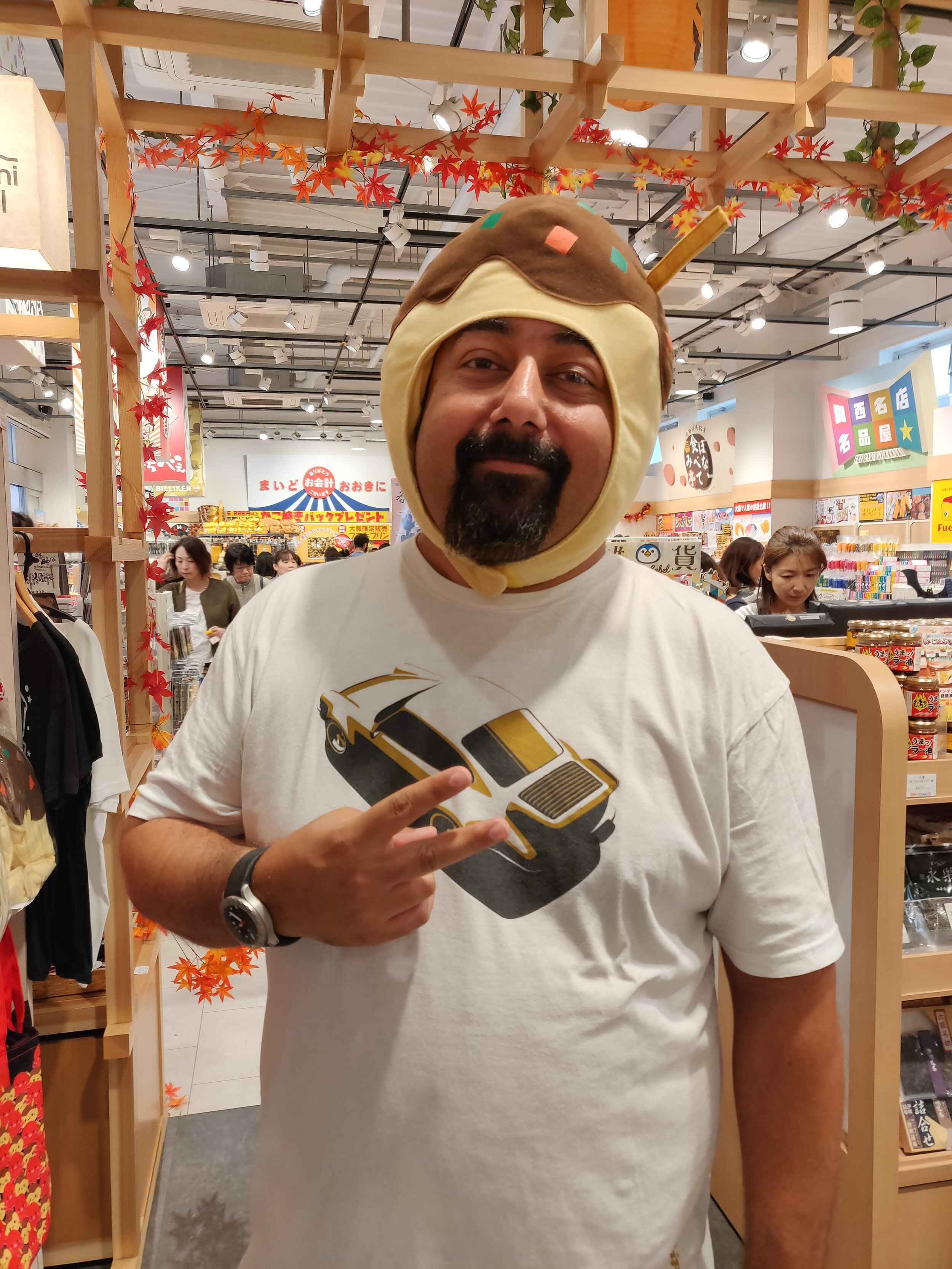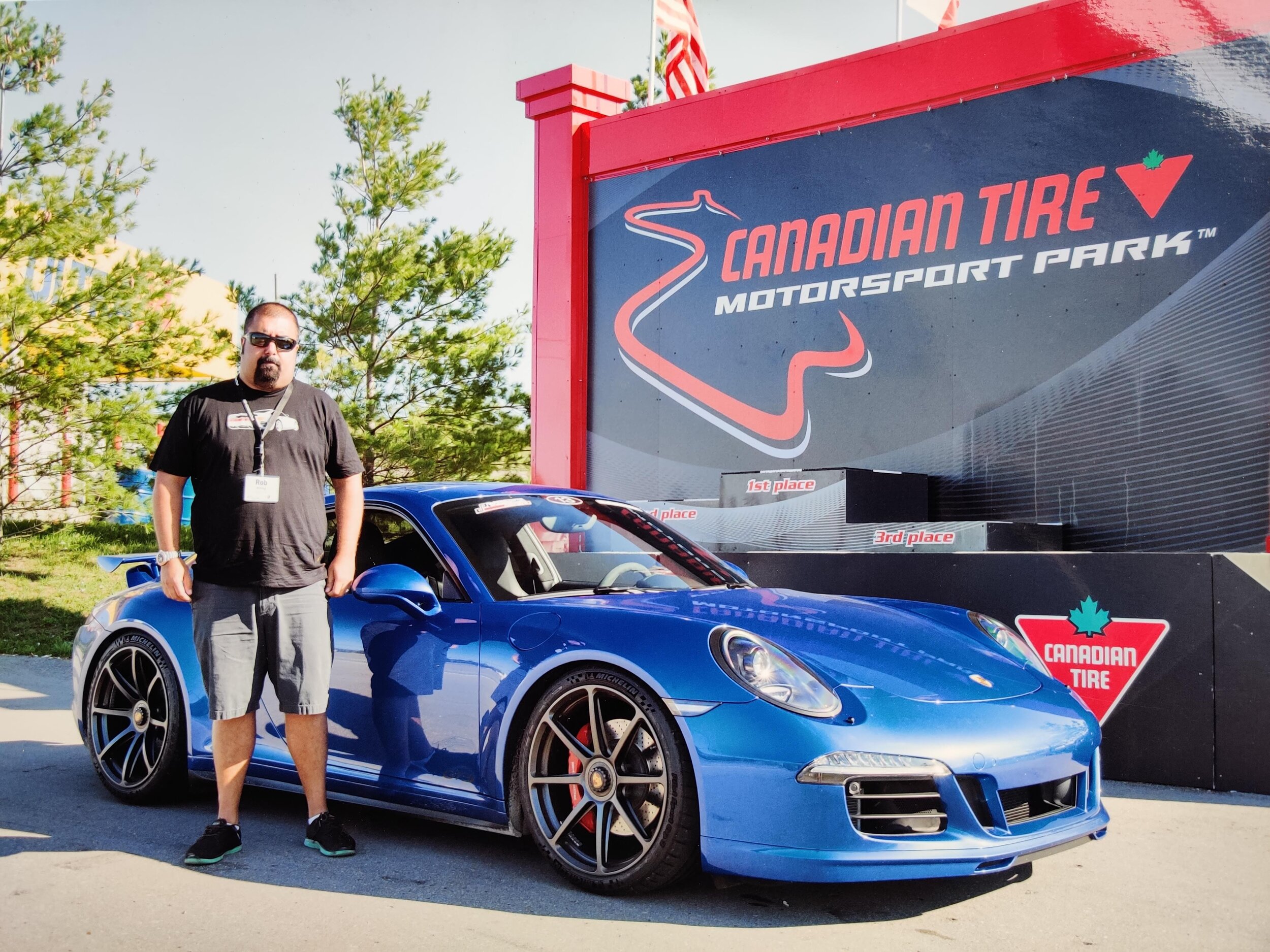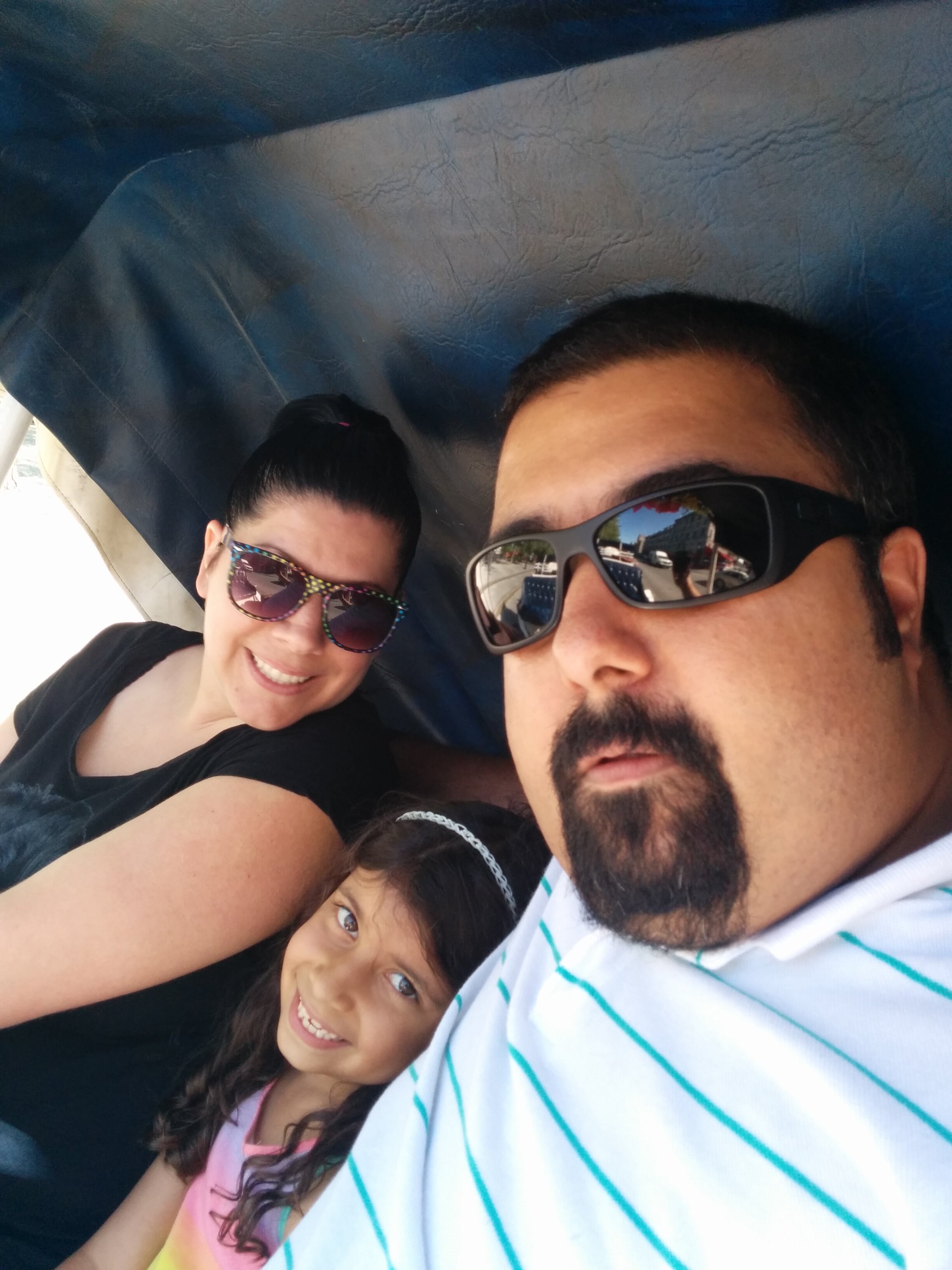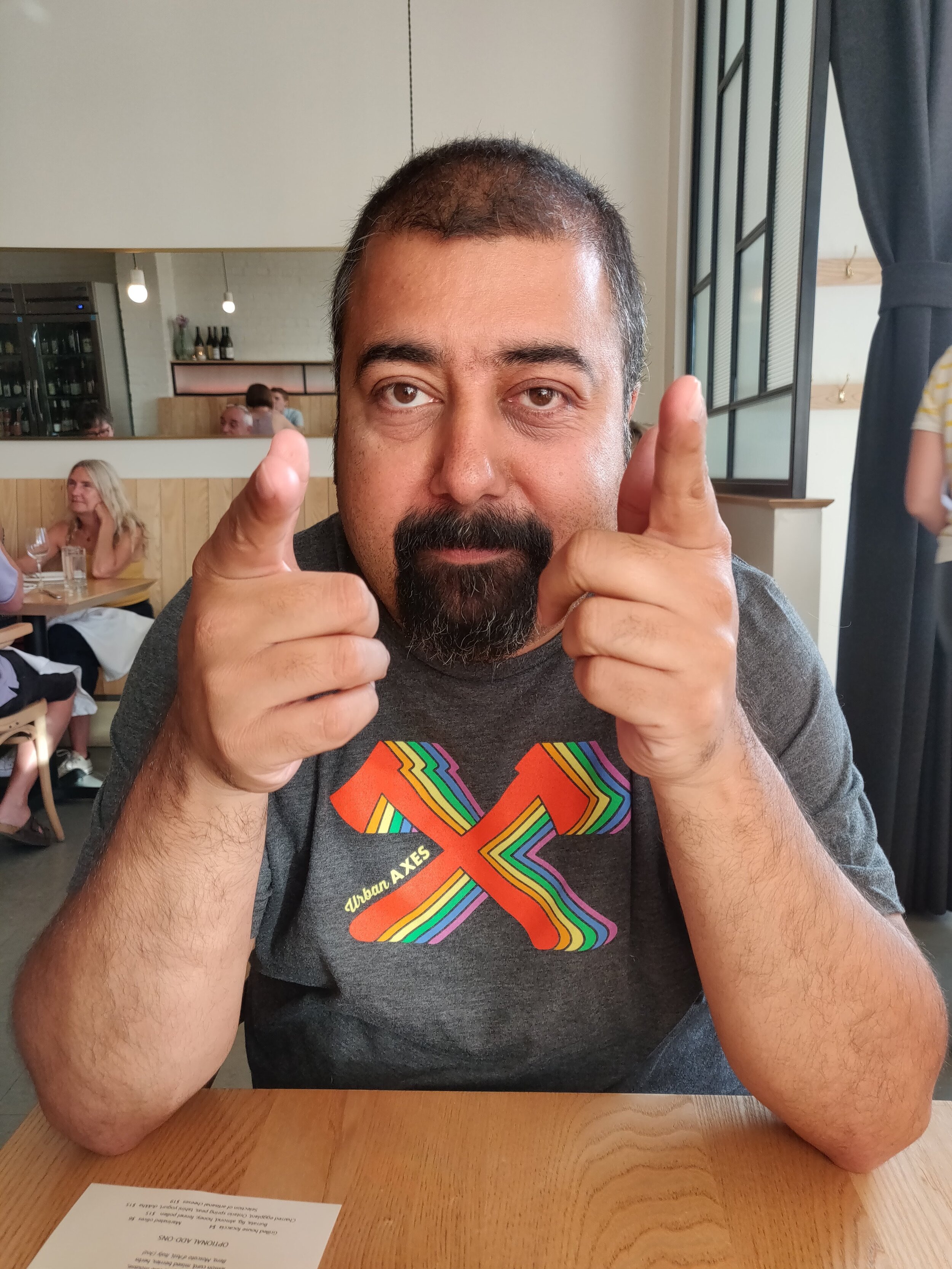Get to know us: Rob Birring, VP of Client Success
Image credit: Sensibill
In Part 3 of our Leadership Series, we introduce you to Rob Birring! Read on to learn more about Rob and what led to his role as VP of Client Success at Sensibill.
Favourite food: Everything! Seriously, I am insanely into food + cooking + restaurants and will try anything and enjoy everything. To pick just one right now really into all forms of Japanese food beyond just sushi… tonkatsu, udon, ramen, tempura, yakitori, etc. Chicken karaage is a personal favourite too.
Favourite place: Our cottage on Lake Erie (Long Point, Ontario) aka the happy place
Hidden talent: Negotiating and finding deals
Last book you read: Never Split the Difference by Christopher Voss
Favourite quote: “Culture eats strategy for breakfast” - Peter Drucker
Tell us about yourself (you know, where you grew up, what you studied in college, your hopes and dreams, that sort of thing!)
I was born in East York (Toronto) and raised primarily in the GTA, although I moved around a bit when I was younger (including a stint in Edmonton, Alberta).
Eventually, I went to university at McMaster in Hamilton, Ontario, studying Business (Commerce) but with multiple side hustles—including technology consulting (helping people build and service computers). From a young age, I’ve been interested in and engaged with technology and remain a tech-head with an interest in consumer electronics, audio/home theatre, etc.
I’m married to my wife, Alison who works in a leadership role in the agency world; we have a daughter, Sophie, and a dog, Charles Barkley Jr to keep us company.
I’m passionate about food and cars/automotive/racing. I have a sports car and do my best to get out to as many track days as possible during the summer.
When it comes to hopes and dreams, I feel like I’m living them. I’m thankful that I’ve been able to have a career in technology, sales, and customer success/experience, working with great people and helping others achieve their career goals. The dream is to retire early and split time between Ontario (Spring/Summer) and somewhere warm in Europe with good food (but we’ll see!).
What was your very first job in tech?
I was hired by IBM out of university in a mostly admin focused role, supporting their PC division business partner channel. I learned a great deal in a short period and eventually ended up combining + consolidating three roles in my team into one. As always, I was hungry to learn, improve, and grow my skills.
What drove you to pursue a career in tech?
IBM was a great first step in my career as it allowed me to merge my business education and personal interest in technology. After a few early roles, I moved into a software sales role as part of an effort to scale IBM’s stack through acquisition so got a great opportunity to learn and grow as the organization evolved.
What was your first big career accomplishment or win?
The first big career win/accomplishment was when I was asked to take on the Team Leader role for my team of 16 sales reps. It was recognition for my efforts to really understand our clients, team, and internal processes and how to best solve problems both internally and externally. It came about based on nominations + recommendations from my peers vs me volunteering or interviewing for the role which really meant a great deal given it was from my teammates and peers up vs. top-down.
What’s the best career advice you’ve been given?
Early in my career, I had the opportunity to take part in a leadership roundtable with the GM of IBM Canada (15,000 people, $1B business). There were some questions about career paths, development, and when to look for/jump to new roles.
He said something controversial at the time that has stuck with me today. When asked “What is your approach and perspective to career growth and role changes?”, his response was that he never thinks about it. His approach is to focus on the role/organization he is currently part of and how to become an absolute master, expert, and resource to those around him. helping improve and uplevel the organization as a whole.
If you do that, good things happen in terms of recognition and opportunity which is an interesting, long view of career development that focuses on growth and impact to the organization vs. a role changes to potentially do the same thing in a different place.
What do you feel makes a great leader?
I feel that I’m still learning and try to improve every day so I’m not there yet. I do however know that a focus on empathy, listening, understanding, and building real connections beyond just work has helped me in my leadership roles to date and something I will continue going forward.
I subscribe to the servant leadership mentality and feel that my job is to work for my team to help them achieve their goals in their role, work, and big picture career.
Some of my proudest achievements in my career are related to helping others document their goals, identify their gaps, and build a plan that helps solve for the gaps and achieve goals both short and long term. I stay in touch with many past co-workers and offer my time or help as often as possible.
What’s the most important thing, in your opinion, that a company can do to support its employees?
Understand and be empathetic to the fact that everyone is an individual and each of us has different situations, challenges, and events that can potentially influence our ability to focus and be successful in our role.
I like to talk about the iceberg analogy when coaching new leaders; similar to an iceberg when dealing with people you can only see 15% of what is going on above the waterline while 85% is below the waterline (ie. things impacting them outside of work). In particular, with the added challenges and stress related to the pandemic, we need to be extra attentive to everyone’s mental state and ensure our teams have the time + space when needed to deal with things outside of work.
How do you stay motivated, whether at the office or working remotely?
Motivation can waiver, especially on days where meetings are back to back with little time to reset and switch to different contexts or conversations. For me, I take breaks, go for a walk, get a drink or snack, and try to play with the dog for a bit to clear my head and get refocused. Sometimes it works and sometimes it doesn’t but thankfully my batting average is pretty good overall.
Top 3 accessories on your desk right now?
My Sensiblll water bottle, stress balls + putty (helps me think), and a miniature dim sum model set my daughter gave me.
What impact do you hope to have on those around you, professionally and personally?
I’ve recognized in myself that I have a built to serve mentality, so aside from building strong, long-lasting relationships, I hope to be able to help my co-workers, friends, and acquaintances learn something, achieve their goals, and realize they have valued skills that can be unlocked in unique ways.
Many years ago I had someone share that I was a perfect fit for the ‘maven’ archetype (The Tipping Point, Gladwell) before I read the book and of course after reading saw many parallels between the archetype and the way I see myself fit into the world. Whatever I can do to share information, experience, or opinions that help others solve their problems makes me feel good and I’ve seen it have an impact on both friends and co-workers.
If you could do one thing differently in your career, what would it be?
Hindsight is 20/20 but honestly, I think the experiences, successes, failures, connections, and progress have all played a part in how I developed and where I ended up. So the short answer is, not sure there is any one thing I can point to, especially knowing what I know now vs what I knew then are not the same.
Why did you join Sensibill, and what do you hope to accomplish here?
After a career spent mostly at large tech companies I knew I wanted to go somewhere more nascent with an opportunity to truly influence + drive the organization's strategic direction + plan. While there were several opportunities at startups at more or less similar points, the reason I am here is simply because of the people; the more conversations I had, the more convinced I became of the honesty, authenticity, and transparency of the leaders here as evidence of the importance + impact of the culture. From day one, it was clear that the people are the difference here and I could not be happier with the decision.
In terms of accomplishments, while there are the tactical needs of the Client Success function, I like to think bigger about how I can share things learned in my career and how that can help my team achieve their goals and progress their skills + careers. Big picture stuff that we can work on while solving the hard day to day problems in CS and ensuring our clients get maximum value from our platform and a top-notch customer experience.


